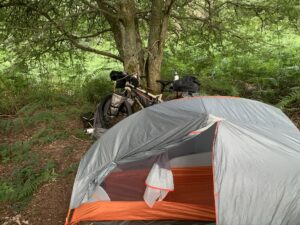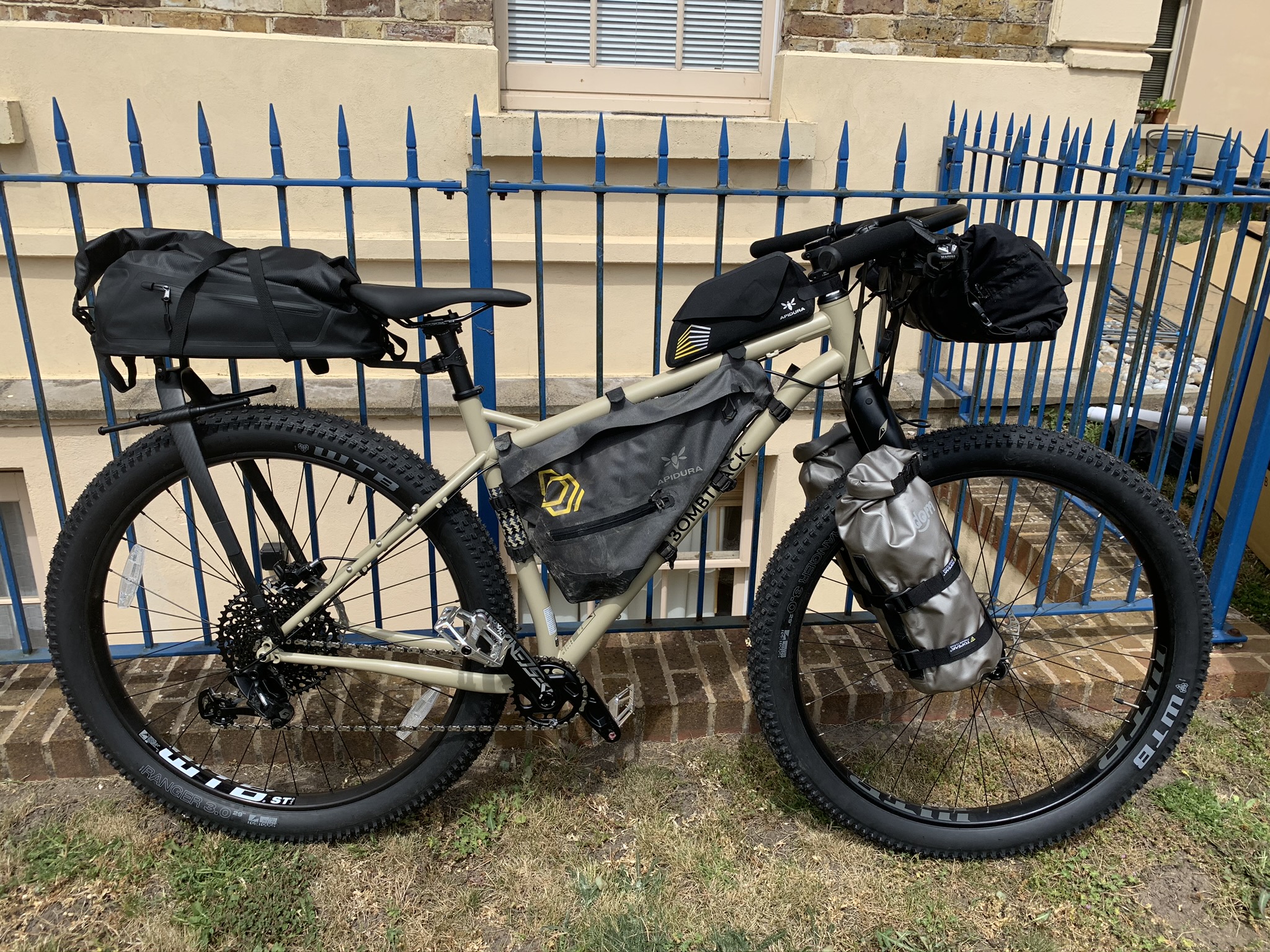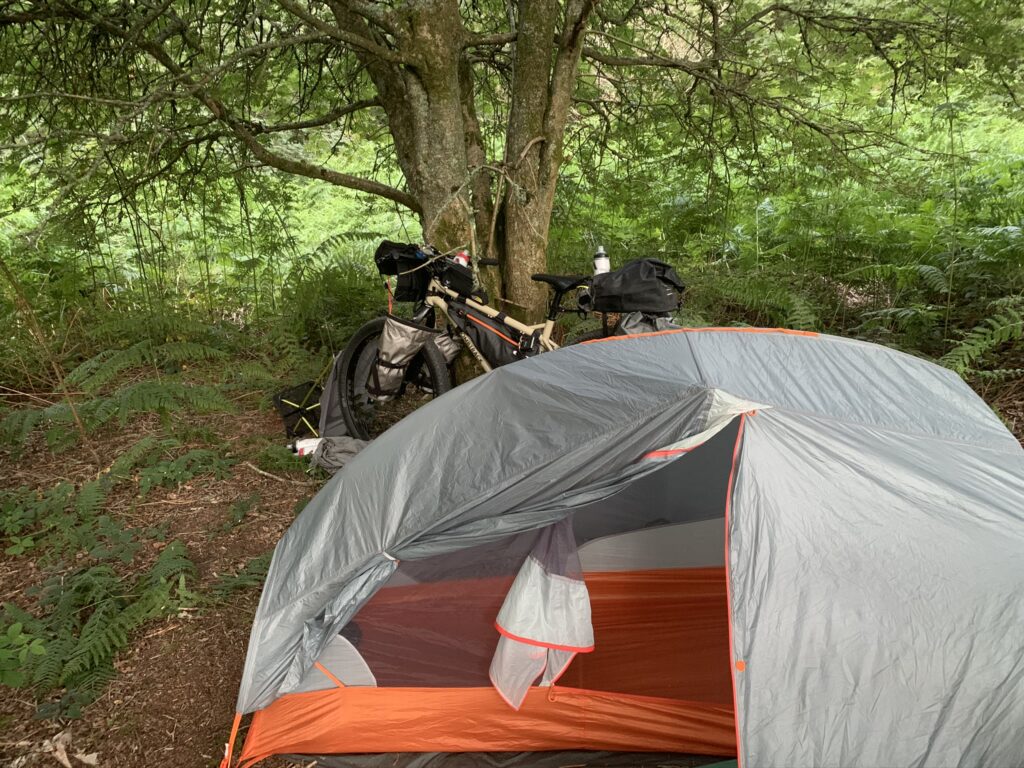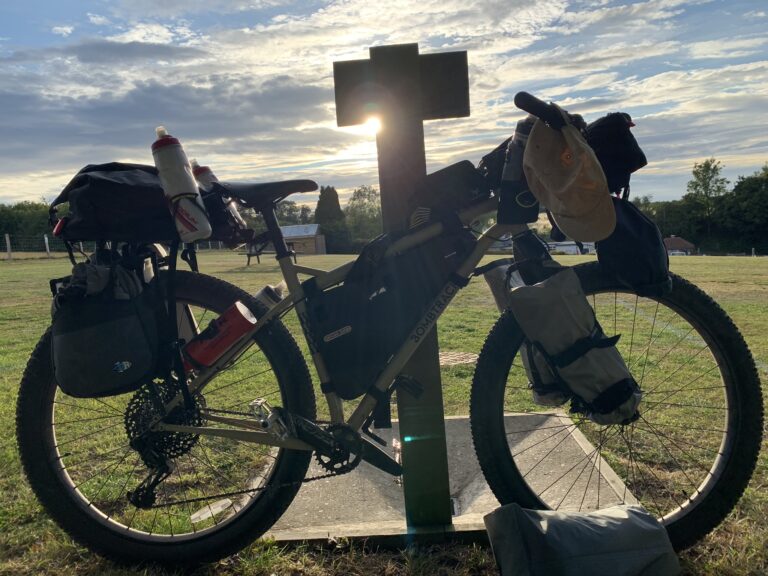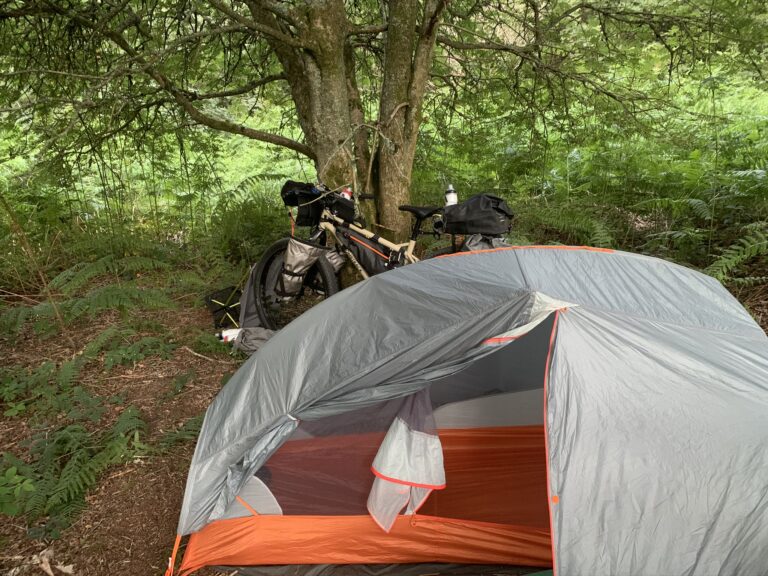In a world that is increasingly driven by technology and constant connectivity, the allure of escaping into the wild has never been stronger. Imagine pitching your tent under a canopy of stars, far away from the noise and distractions of civilization. Wild camping offers a chance to step off the beaten path and experience a unique sense of freedom and adventure. It’s a way to rediscover the magic of nature, to reconnect with our primal instincts, and to find solace in the simplicity of life. But what exactly is wild camping? Unlike traditional campgrounds or designated campsites, wild camping allows you to set up camp in remote and unspoiled locations, often in areas of natural beauty. It’s about immersing yourself in the wilderness, embracing the unknown, and forging a deeper connection with the natural world. From towering mountains to dense forests to hidden beaches, the possibilities for exploration are endless. In this blog post, we will delve into the world of wild camping and uncover its many wonders. We’ll explore the dos and don’ts of this outdoor adventure, sharing valuable tips and tricks that will help you make the most of your experience.
Essential Gear for Wild Camping
When it comes to wild camping, having the right gear is essential for a successful and enjoyable experience.
- A sturdy and waterproof tent is a must-have to protect you from the elements and provide a comfortable sleeping space.
- A warm and durable sleeping bag will keep you snug during chilly nights.
- A reliable camping stove and cookware for preparing meals in the great outdoors.
- A headlamp or flashlight is crucial for navigating in the dark
- A good-quality backpack will help you carry all your essentials.
- Investing in a proper camping mattress will ensure a good night’s sleep.
Choosing the Perfect Location
When it comes to wild camping, choosing the perfect location is crucial. The right spot can make all the difference in your outdoor experience. Consider factors such as accessibility, safety, and natural beauty. Look for areas with stunning landscapes, serene surroundings, and ample opportunities for adventure. Research local regulations and permits to ensure you’re camping in designated areas. Take into account the time of year and weather conditions to guarantee a comfortable stay. Whether you prefer mountains, forests, or coastlines, selecting the right location will enhance your wild camping adventure.
Safety Precautions and Considerations
Safety Precautions and Considerations are of utmost importance when it comes to enjoying the magic of wild camping. Before embarking on an adventure in the great outdoors, it is crucial to be well-prepared and informed.
1. Always ensure you have the necessary camping gear, including a sturdy tent, sleeping bag, and cooking equipment.
2. Familiarize yourself with the area and research any potential dangers such as wildlife or challenging terrain.
3. Pack sufficient food and water, as well as a first aid kit in case of emergencies.
4. Inform someone of your plans and expected return date.
Leave No Trace Principles for Wild Camping
Leave No Trace Principles for Wild Camping When engaging in wild camping, it is crucial to adhere to the Leave No Trace principles. These guidelines ensure that we minimize our impact on the environment and preserve the beauty of the outdoors. Firstly, plan ahead and prepare by familiarizing yourself with the regulations and guidelines of the area. Next, camp on durable surfaces to avoid damaging sensitive ecosystems. It is essential to dispose of waste properly, including human waste. Leave the campsite as you found it, without leaving any trace of your presence. Respect wildlife by observing from a distance and refraining from feeding or approaching them. Finally, minimize campfire impacts by using established fire rings or fire pans, and fully extinguishing the fire before leaving.
Food and Cooking Tips for the Wild
Whether you’re an experienced camper or new to the world of outdoor adventures, having food and cooking tips for wild camping can make all the difference. When you’re out in the wilderness, it’s important to pack food that is lightweight, non-perishable, and easy to prepare. Opt for dehydrated meals, canned goods, and energy bars to minimize weight and maximize convenience. Don’t forget to bring essential cooking tools such as a compact stove, portable utensils, and a durable pot or pan. Remember to always practice proper food safety by storing perishable items in a cooler or insulated bag.
Wildlife Encounters: How to Stay Safe
When embarking on a wild camping adventure, it is essential to prioritize your safety when encountering wildlife. Remember to research the area beforehand, familiarize yourself with the potential wildlife species you may encounter, and understand their behavior. Carry bear spray or other appropriate deterrents, and ensure your food is stored securely to avoid attracting animals. Avoid approaching or feeding wild animals, as this can disrupt their natural behavior and potentially lead to dangerous situations. Respect their space and observe them from a safe distance, allowing them to go about their natural activities undisturbed.
The Enduring Appeal of Wild Camping
Wild camping has a timeless allure that continues to captivate outdoor enthusiasts. The freedom of pitching a tent in untouched wilderness, far away from crowded campgrounds and modern conveniences, is an experience like no other. It offers a chance to reconnect with nature, to immerse oneself in the sights, sounds, and smells of the great outdoors. Whether it’s sleeping under a blanket of stars, waking up to the gentle rustling of leaves, or cooking meals over an open fire, wild camping offers a sense of adventure and tranquility that is hard to replicate.

